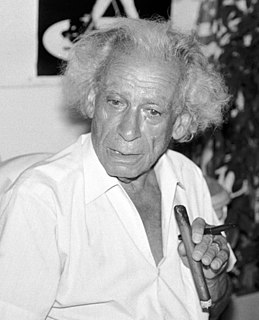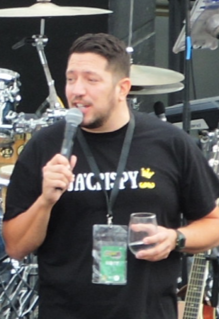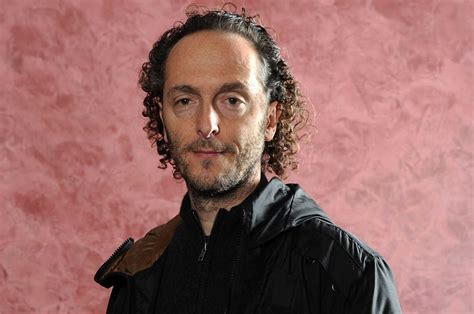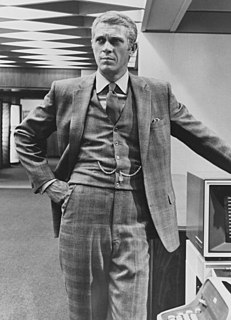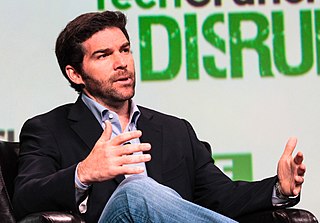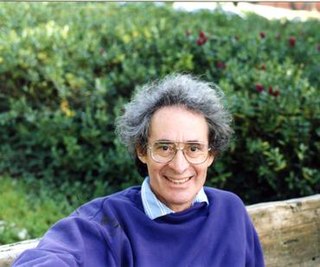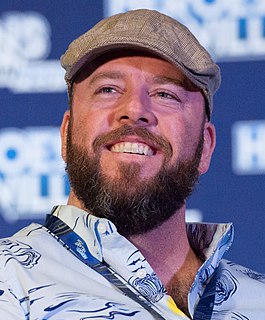A Quote by Samuel Fuller
Extending the language of film sometimes starts with just trying to show one true thing.
Related Quotes
It may be just one facet of your personality, or it may not even be a facet but only a pretension. You can show this false face with no problem when sometimes you meet on a sea beach, sometimes in a garden, sometimes under the moon and the stars, but when you really start living together then the reality starts surfacing. The real person is a hell and all that sweet talk that had happened under the stars becomes just lies.
To me, a revolutionary film is not a film about a revolution. It has a lot more to do with the art form. It's a film that is revolting against the old established language of cinema that had been brainwashing the people for decades. It is a film that is trying to find ways to use sound and image differently.
Prioritization sounds like such a simple thing, but true prioritization starts with a very difficult question to answer, especially at a company with a portfolio approach: If you could only do one thing, what would it be? And you can't rationalize the answer, and you can't attach the one thing to some other things. It's just the one thing.
Now I realize that I have to let everyone take what they have to take from the film. No matter what I think about the film, it becomes a little irrelevant. I think I would say that the film is trying to show us that - and I spoke about that earlier - we have to let the teachers invest in their own classroom. There's no use in trying to control everything. Education is fundamental.
